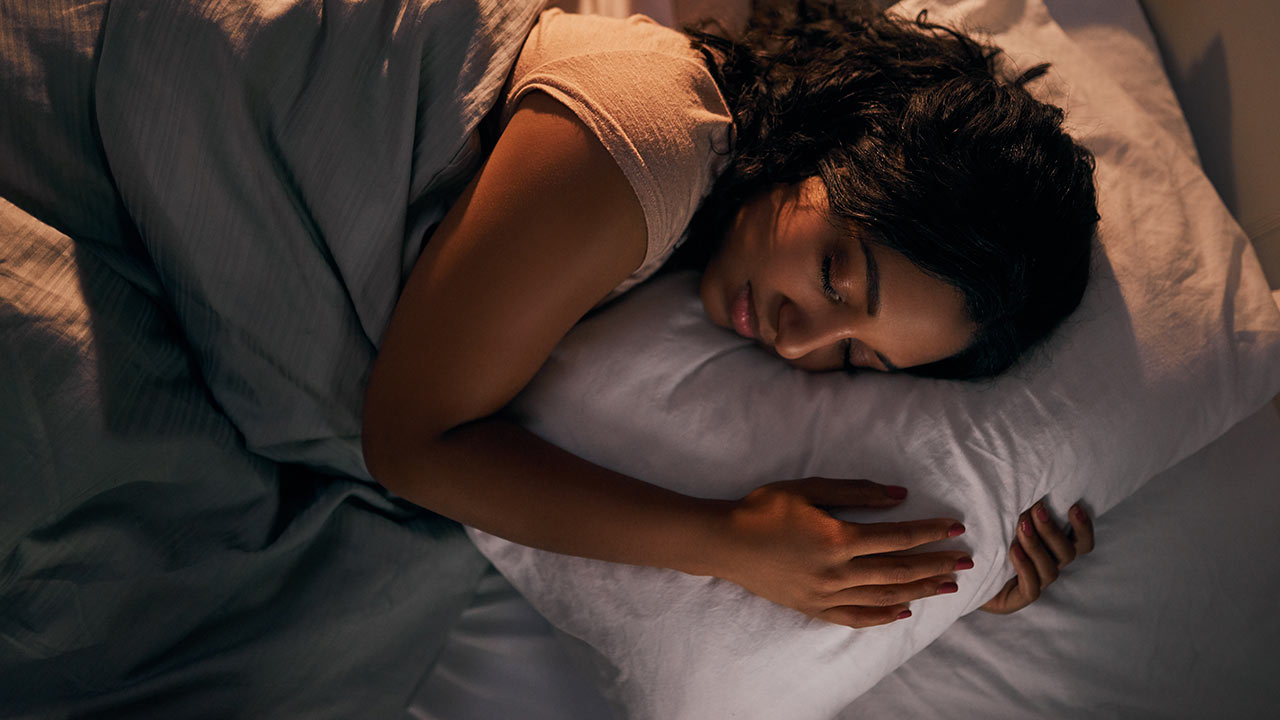Disturbed sleep linked to intellectual health troubles in herbal catastrophe survivors
Preliminary outcomes from a new examination advise that sleep disturbances are related to mental health troubles amongst survivors of a natural disaster even years after the occasion. The researchers surveyed survivors two years after the 2010 earthquake in Haiti. Results show that 94% pronounced experiencing insomnia symptoms after the catastrophe. Two years later, 42% confirmed clinically vast degrees of submit-demanding pressure sickness (PTSD), and nearly 22% had signs and symptoms of melancholy. There were full-size, high-quality correlations among sleep disturbances and peritraumatic misery (i.e., emotional response for the duration of and at once after the occasion), PTSD, and symptoms of despair. Resilience did not look like a buffer against sleep disturbance.
“This is one of the first epidemiological studies to investigate the prevalence of sleep disturbances amongst survivors of the 2010 Haiti earthquake,” stated lead creator and essential investigator Judith Blanc, Ph.D., an NIH T32 postdoctoral fellow in the Center for Healthful Behavior Change within the Division of Health and Behavior in the Department of Population Health at NYU School of Medicine. “Our examination underscores the robust affiliation between unsurprising trauma-related problems and comorbid sleep situations amongst survivors.”
They looked at a hundred sixty-five individuals with a median age of about 31 years; 52% were guys. Participants had been dwelling in Port-au-Prince, Haiti, one of the areas stricken by the 2010 earthquake. According to the authors, it was the mostvastatimost devastating inside us on record, killing more than two hundred 000 people and displacing more than 1 million residents.

Measures covered demographic elements, the Peritraumatic Distress Inventory, the PTSD Checklist-Specific, the Beck Depression Inventory, and the Connor-Davidson Resilience Scale. Spearman correlations and multilinear regressions explored institutions among resilience, PTSD, melancholy, and sleep disturbances. “Findings from our look at spotlight the need to evaluate and deal with sleep problems amongst disaster survivors, as they are pretty general after a natural catastrophe and are associated with intellectual health situations,” said Blanc. “Our paintings support the significance of sleep in catastrophe preparedness programs globally.”
Blanc introduced that Sleep is frequently overlooked in the aftermath of stressful activities; however, rest has to be considered a critical target of intellectual and physical fitness interventions in these conditions. “Our outcomes make the case that sleep health needs to be a first-rate issue of all public and global health programs, particularly in humanitarian crises,” said Blanc. The research abstract was posted in an online supplement of the Sleep. It could be supplied on Tuesday, June 11, in San Antonio at SLEEP 2019, the 33rd annual meeting of the Associated Professional Sleep Societies LLC (APSS), a joint task of the American Academy of Sleep Medicine and the Sleep Research Society.
Due to a greater understanding of how many Americans live with mental illnesses and addiction disorders and how expensive the total healthcare expenditures are for this group, we have reached a critical tipping point regarding healthcare reform. We understand the importance of treating the healthcare needs of individuals with serious mental illnesses and responding to the behavioral healthcare needs of all Americans. This is creating a series of exciting opportunities for the behavioral health community. A series of unprecedented challenges, mental health organizations across the U.S. are determined to provide expertise and leadership that supports member organizations, federal agencies, states, health plans, and consumer groups in ensuring that the key issues facing persons with mental health and substance use disorders are properly addressed and integrated into healthcare reform.

















